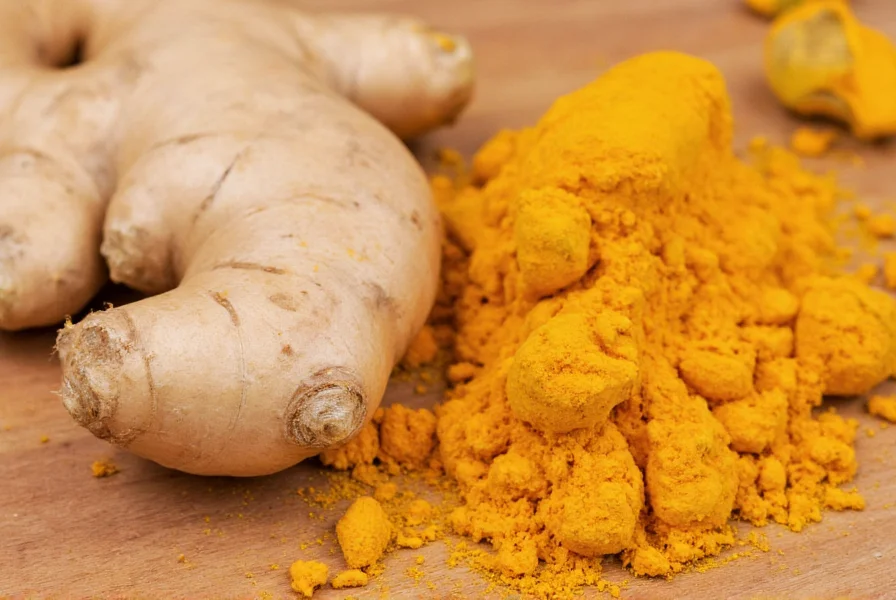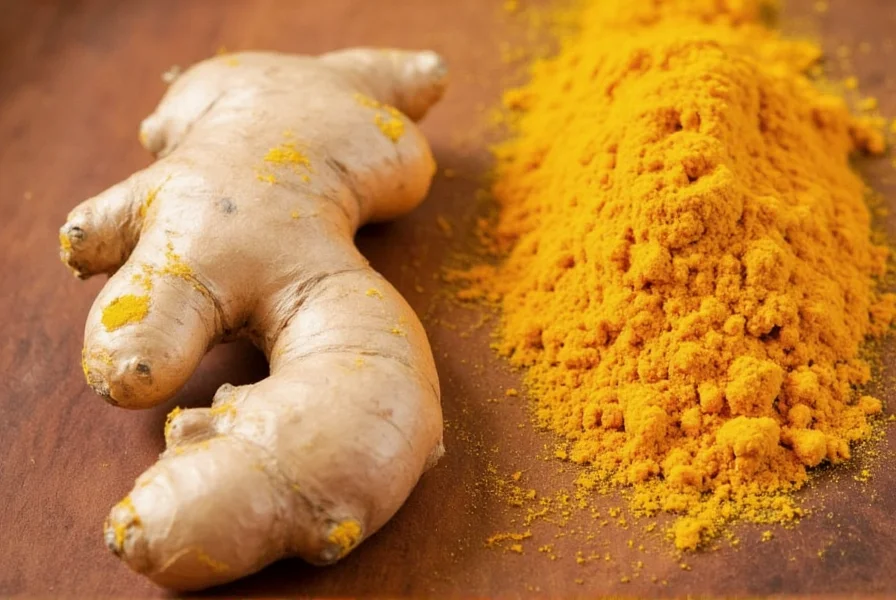Two of nature's most celebrated spices, ginger and turmeric, have gained significant attention for their potential health benefits. When it comes to kidney health specifically, many people wonder: is ginger and turmeric good for kidneys? The answer requires careful consideration of current scientific evidence, individual health conditions, and appropriate usage levels.
Understanding Kidney Function and Protection
Your kidneys perform vital functions including filtering waste from blood, regulating blood pressure, producing red blood cells, and maintaining electrolyte balance. Protecting kidney health is crucial for overall wellbeing, especially since kidney damage often progresses silently until significant function is lost.
Ginger's Relationship with Kidney Health
Ginger (Zingiber officinale) contains bioactive compounds like gingerols that demonstrate anti-inflammatory and antioxidant effects in research studies. Several animal studies suggest ginger may help protect against kidney damage:
- A 2019 study in BMC Complementary Medicine and Therapies found ginger extract reduced oxidative stress and inflammation in rat kidneys exposed to toxins
- Research published in Renal Failure indicated ginger supplementation might help reduce kidney damage markers in diabetic rats
- Human evidence remains limited, though ginger's blood pressure-lowering effects could indirectly benefit kidney health
However, ginger may interact with blood-thinning medications and could potentially affect blood pressure control in sensitive individuals. People with advanced kidney disease should discuss ginger consumption with their healthcare provider.

Turmeric and Kidney Function: The Curcumin Connection
Turmeric's primary active compound, curcumin, has been extensively studied for its potential health benefits. Regarding kidney health:
- A 2020 review in Nutrients highlighted curcumin's potential to reduce inflammation and oxidative stress in kidney tissues
- Animal studies suggest curcumin may help protect against diabetic nephropathy, a common complication of diabetes affecting kidneys
- Research in Phytotherapy Research indicated turmeric might help reduce proteinuria (excess protein in urine), a marker of kidney damage
Despite promising preliminary research, important considerations exist:
| Consideration | Impact on Kidney Health | Recommended Action |
|---|---|---|
| High-dose curcumin supplements | Potential to increase oxalate levels, possibly contributing to kidney stone formation | Consult healthcare provider before use if prone to kidney stones |
| Interaction with blood pressure medications | May enhance medication effects, potentially causing low blood pressure | Monitor blood pressure closely if combining with medications |
| Culinary use (1-3 grams daily) | Generally considered safe for kidney health | No special precautions needed for healthy individuals |
Critical Differences: Dietary Use vs. Supplements
When evaluating is turmeric good for kidneys with kidney disease or does ginger help kidney function, it's essential to distinguish between:
- Culinary consumption: Using ginger and turmeric as spices in cooking (typically 1-3 grams daily) generally poses minimal risk to kidney health
- Supplemental intake: High-dose extracts or concentrated supplements may contain 500-2000mg of active compounds, potentially creating concerns for kidney patients
For individuals with chronic kidney disease (CKD), the National Kidney Foundation generally considers moderate culinary use of these spices safe, but recommends consulting with a nephrologist before taking supplements.
Special Considerations for Kidney Disease Patients
People with existing kidney conditions should be particularly cautious. Those asking is ginger safe for kidney patients or can I take turmeric with kidney disease should consider:
- Medication interactions: Both spices may interact with blood thinners, diabetes medications, and blood pressure drugs commonly prescribed to kidney patients
- Potassium content: While not extremely high, both contain potassium which may need monitoring in advanced CKD
- Supplement quality: Some turmeric supplements contain additives that could affect kidney function
- Individual response: People with kidney disease often have unique metabolic considerations
Current Research Limitations
When examining scientific evidence on ginger and kidney health or curcumin kidney protection studies, it's important to recognize limitations:
- Most compelling evidence comes from animal studies, not human clinical trials
- Human studies often have small sample sizes and short durations
- Research typically examines isolated compounds rather than whole spices
- Long-term effects of regular consumption remain unclear
A 2021 systematic review in Complementary Therapies in Medicine concluded that while preliminary evidence is promising, "more rigorous clinical trials are needed to establish the efficacy and safety of ginger and turmeric for kidney-related conditions in humans."
Practical Recommendations for Safe Use
Based on current understanding of is ginger and turmeric good for kidneys, here are evidence-informed recommendations:
- For healthy individuals: Incorporating moderate amounts of ginger and turmeric in cooking (about 1-3 grams daily) appears safe and may offer general health benefits
- For kidney disease patients: Consult your nephrologist before significantly increasing intake or taking supplements
- Avoid high-dose supplements without medical supervision, especially if you have a history of kidney stones
- Monitor how your body responds when introducing these spices in larger amounts
- Never use these spices as replacement for prescribed kidney treatments
When to Consult Healthcare Professionals
While exploring natural approaches to support kidney health, remember that ginger turmeric kidney health consultation with medical professionals is essential if you:
- Have been diagnosed with chronic kidney disease
- Are taking medications for blood pressure, diabetes, or blood thinning
- Have a history of kidney stones
- Experience unusual symptoms after increasing spice consumption
- Are considering high-dose supplements rather than culinary use
Conclusion: A Balanced Perspective on Spices and Kidney Health
The question is ginger and turmeric good for kidneys doesn't have a simple yes-or-no answer. Current evidence suggests these spices may offer kidney-protective benefits through their anti-inflammatory and antioxidant properties, but most research remains preliminary. For people with healthy kidneys, moderate culinary use appears safe and potentially beneficial. For those with kidney conditions, especially those on medications, professional medical guidance is essential before incorporating significant amounts or taking supplements. As with any health consideration, individual factors matter most, and these spices should complement—not replace—conventional medical care for kidney health.











 浙公网安备
33010002000092号
浙公网安备
33010002000092号 浙B2-20120091-4
浙B2-20120091-4